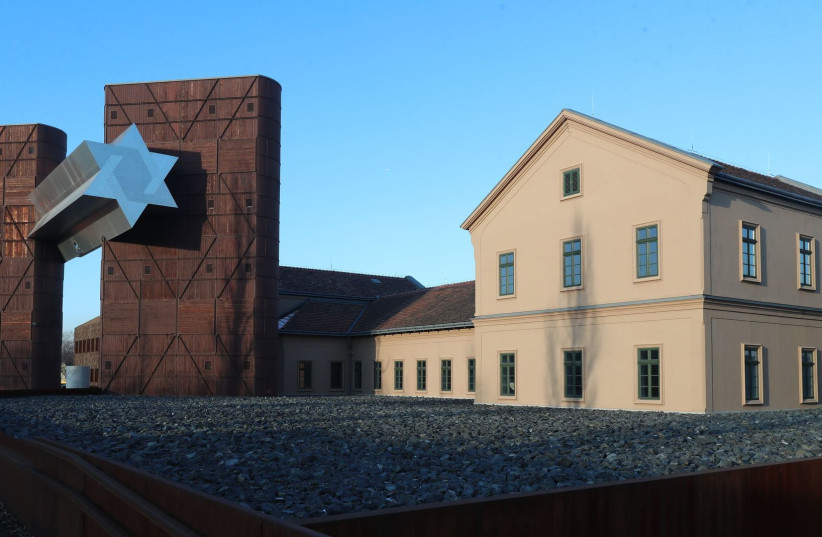Israeli Ambassador to Romania David Saranga slammed remarks by a Romanian nationalist party calling for less Holocaust education.
The AUR Party said the Holocaust is a “minor topic,” and teaching it as a separate subject in schools is an “ideological experiment” and part of a “systematic action to undermine the quality of education in Romania.”
Saranga condemned AUR’s statements, calling them “insulting.”
“I have always argued that the fair and objective knowledge over the horrors that took place during the Holocaust in Romania is necessary in order to avoid repeating such tragedies,” Saranga tweeted. “The young generation must thoroughly learn about this dark page in the history of humankind in order to understand that antisemitism, xenophobia and intolerance have no place in today’s society, and that they clash with the democratic and European values assimilated by Romania.”

AUR’s statements “are an outright proof of either a lack of taking responsibility or of ignorance,” the ambassador wrote.
Saranga noted that AUR’s comments meet the International Holocaust Remembrance Alliance’s working definition of Holocaust denial, adopted when Romania held the organization’s presidency.
The ambassador praised a law approved by the Romanian Parliament in November and supported by President Klaus Iohannis that would make Holocaust study compulsory.
“Extremist reactions remind us that ideologies and radical manifestations are present even today,” he tweeted. “I am sure Romanian people will choose historical truth over antisemitic speech.”
AUR won fourth place in the 2020 parliamentary election in Romania.
Earlier this year, AUR voted in the Romanian parliament against a condemnation of antisemitism, and its cochairman Claudiu Târziu attended conferences of the local fascist movement.
Romanian Special Representative for Memory, Combating Xenophobia and Antisemitism Alexandru Muraru said in response to the AUR statement that "Romania has the duty to defend the memory of the victims of the Holocaust [and] we have the tools, the institutions and the political will to carry out this mission.”
"A large scale tragedy such as the Holocaust cannot be a 'minor issue' given that it led to the destruction of a significant percentage of the Jewish community in Romania," Muraru said.
When Bucharest joined the EU and aligned itself with the US, Muraru added, it also "chose to confront its past, to research and acknowledge those dark periods of the recent past. In this context, any attempt to minimize the Holocaust or to rehabilitate those responsible for the Holocaust and for the antisemitic crimes of the interwar period, is contrary to Romania's pro-Western option."
Romanian Ambassador to Israel Radu Ioanid is the leading researcher of the Holocaust in Romania, and was one of the founding historians of the US Holocaust Memorial Museum.
In an interview with The Jerusalem Post last year, he praised the Romanian government for following the recommendations of a report drafted by Elie Wiesel to improve Holocaust education and fight denial.
